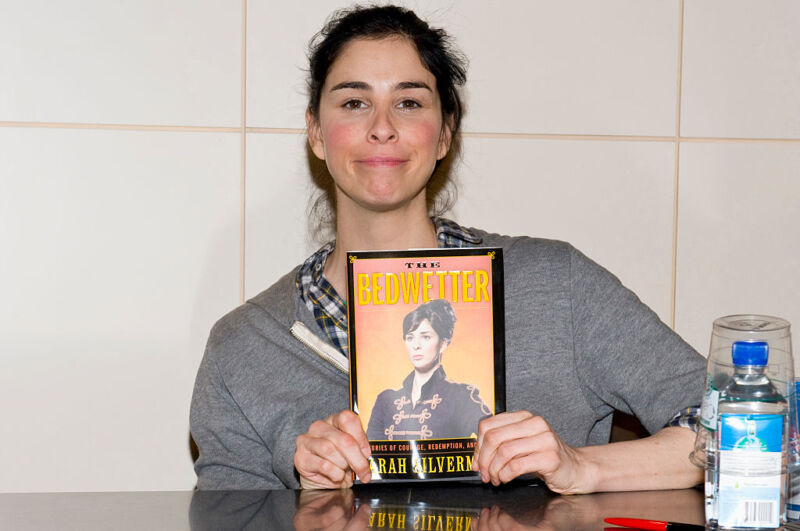OpenAI disputes authors’ claims that every ChatGPT response is a derivative work

Enlarge / Sarah Silverman attends The Bedwetter book signing at the Barnes and Noble Union Square in New York City. (credit: Lars Niki / Contributor | Corbis Entertainment)
This week, OpenAI finally responded to a pair of nearly identical class-action lawsuits from book authors—including Sarah Silverman, Paul Tremblay, Mona Awad, Chris Golden, and Richard Kadrey—who earlier this summer alleged that ChatGPT was illegally trained on pirated copies of their books.
In OpenAI’s motion to dismiss (filed in both lawsuits), the company asked a US district court in California to toss all but one claim alleging direct copyright infringement, which OpenAI hopes to defeat at “a later stage of the case.”
The authors’ other claims—alleging vicarious copyright infringement, violation of the Digital Millennium Copyright Act (DMCA), unfair competition, negligence, and unjust enrichment—need to be “trimmed” from the lawsuits “so that these cases do not proceed to discovery and beyond with legally infirm theories of liability,” OpenAI argued.
This post has been read 465 times!
